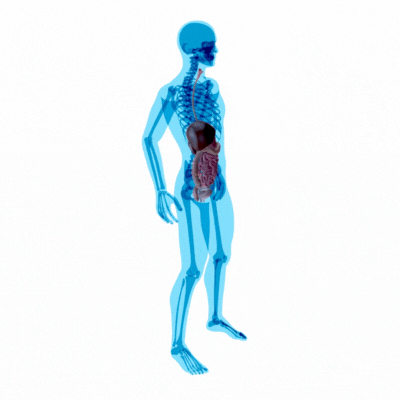Gut Bacterium Linked to severity of symptoms in Chronic Fatigue Syndrome
April 08, 2023 | Microbiology Lab
Chronic Fatigue Syndrome (CFS), also known as myalgic encephalomyelitis is a complex and long-term condition characterized by persistent and debilitating exhaustion including brain fog.
The underlying cause of the condition remains unknown but it has significantly affected between 836,000 to 2.5 million Americans as per a 2015 estimate from the Center for Disease Control and Prevention (CDC) and 17-24 million people worldwide as per the newest CDC estimate, associating the significant increase due to the CoVid-19 pandemic.
A recent study from Columbia University Mailman School of Public Health offers key insights that link CFS and it unexplained fatigue symptoms to significant changes in the gut microbe composition. Findings revealed that the promotion of a gut bacterium called Faecalibacterium prausnitzii may reduce exhaustion experienced by individuals with CFS.
Researchers investigated via fecal microbiome shotgun metagenomic sequencing to determine the relative abundance of specific bacteria in the fecal samples of 106 people with CFS outsourced from 5 geographically diverse sites within Northern America. The samples were then compared with 91 healthy subjects with matching demographic features to identify how the gut microbiomes in a such population differ in cases of CFS.
Findings concluded that levels of gut bacteria F. prausnitzii and Eubacterium rectale, are responsible for producing butyrate, a fatty acid that breaks down fiber. Reduced levels of these bacteria, F. prausnitzii in particular, have correlated with the severity of fatigue symptoms in CFS.
Brent William, an epidemiologist at Columbia University and senior author of the study argues that the between F. prausnitzii and fatigue symptoms in CFS “presents potentially actionable targets for future therapeutic trials.”
Currently, endeavors of the team focus on work that further proves the relationship between F. prausnitzii levels and fatigue symptoms in CFS using mouse models. Williams and his team believed that future findings will offer valuable insights for developing and assessing CFS treatments.

